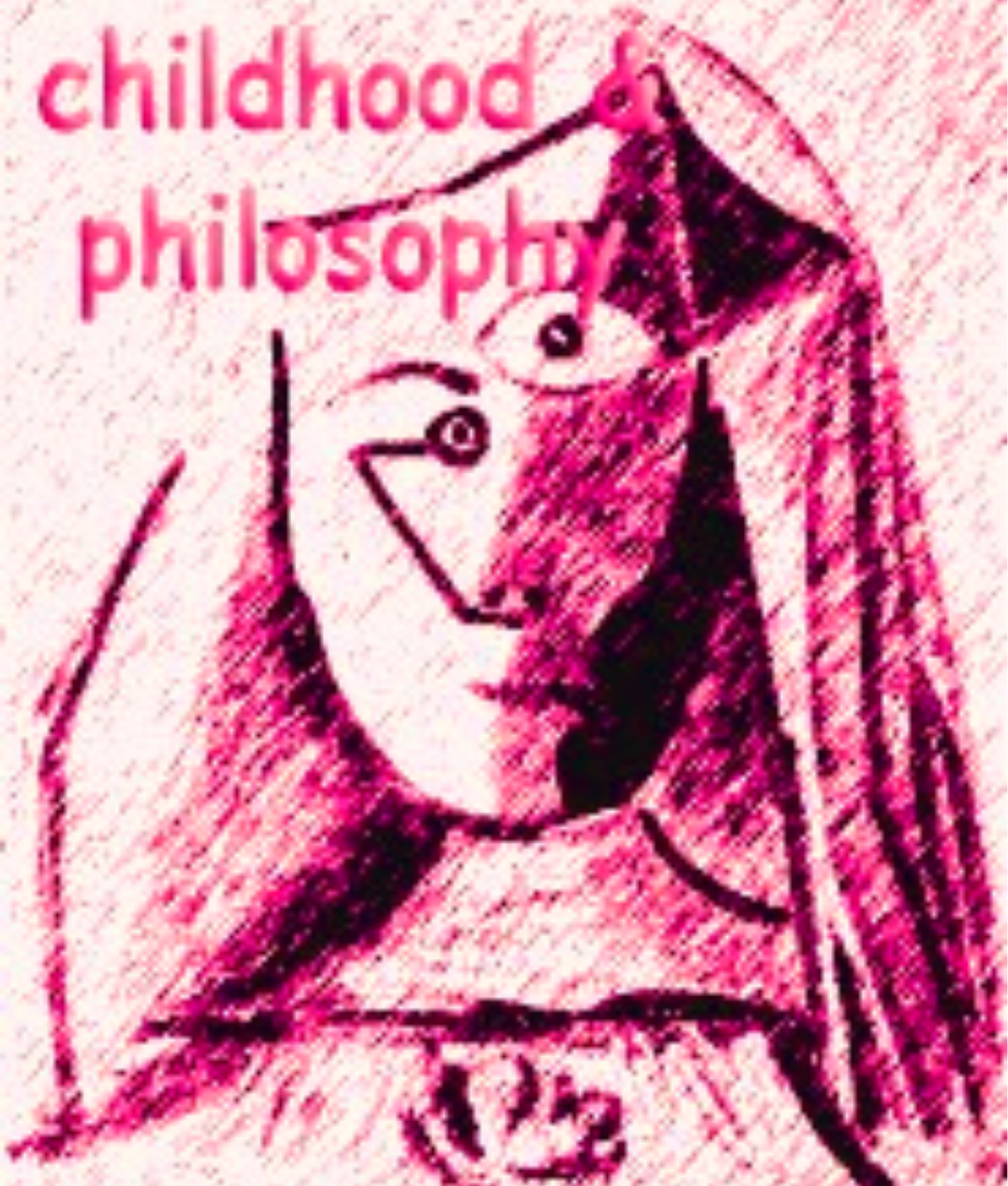reseña del libro:lone, jana mohr (2021), seen and not heard: why children’s voices matter
DOI:
https://doi.org/10.12957/childphilo.2022.64826Palabras clave:
Philosophy for/with ChildrenResumen
Citas
Bridgers, S. et al. (2016). Children's Causal Inferences from Conflicting Testimony and Observations. Developmental Psychology Vol. 52, No. 1, 9 –18.
Gopnik et al (2015). When Younger Learners Can Be Better (or at Least More Open-Minded) Than Older Ones. Current Directions in Psychological Science, Vol. 24(2) 87–92.
Gopnik et al. (2017) Changes in cognitive flexibility and hypothesis search across human life history from childhood to adolescence to adulthood. PNAS vol. 114, no. 30, 7892–7899.
Kizel, A. (2014) "’Life goes on even if there’s a gravestone’: Philosophy with Children and Adolescents on Virtual Memorial Sites.” Childhood and Philosophy 10 (20), 421-443.
Kizel, A. (2015). "Philosophy with Children, the Poverty Line, and Socio-philosophic Sensitivity." Childhood and Philosophy 11 (21) 139–162.
Lucas, C.G. et al. (2013). When children are better (or at least more open-minded) learners than adults: Developmental differences in learning the forms of causal relationships. Cognition 131, 284–299.
Vasilyeva et al, (2018) The Development of Structural Thinking About Social Categories. Developmental Psychology, Vol. 54, No. 9, 1735–1744.
Walker, C.M and Gopnik, A. et al, (2015). Learning to Learn from Stories: Children's Developing Sensitivity to the Causal Structure of Fictional Worlds. Child Development, January/February 2015, Volume 86, Number 1, 310–318.
Descargas
Publicado
Cómo citar
Número
Sección
Licencia
el copyright de cada artículo pertenece a cada autor. childhood & philosophy tiene el derecho a la primera publicación. el permiso de reimprimir cualquier artículo que haya aparecido en la revista necesita de la autorización escrita del autor. en adisión a cualquier forma de reconocimiento requerido por el autor el siguiente aviso debe ser añadido a la declaración de permiso en la reimpresión (con los números apropiados a los puntos suspensivos): [título del artículo] fue publicado originalmente en la infancia y la filosofía, tomo ..., número ..., pp. ...-...




